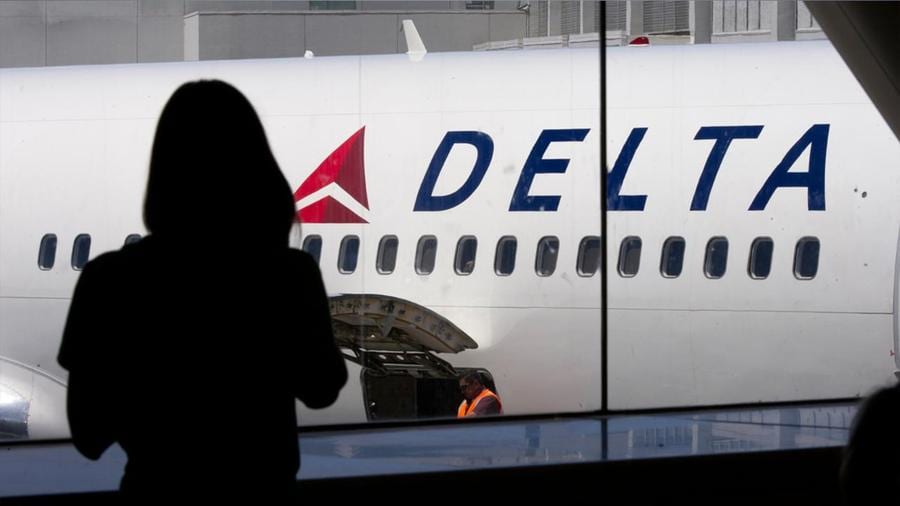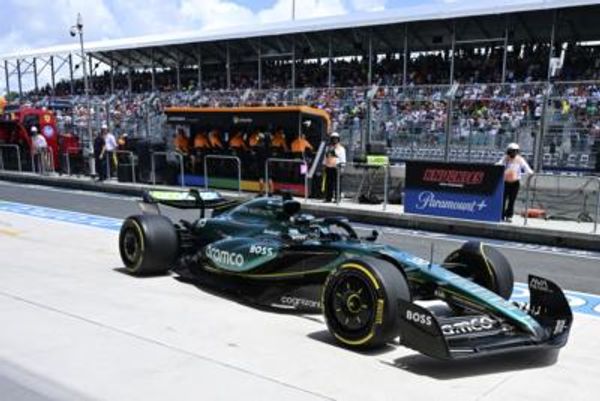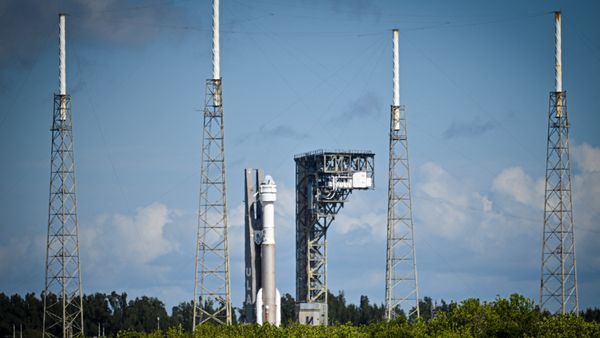
Delta Air Lines (DAL) shares moved lower Thursday, dragging rival carriers into the red on Wall Street, even as it stuck to its full-year profit forecasts despite surging costs that ate into its first quarter earnings.
Delta reiterated its 2023 forecast for adjusted earnings in the region of $5 to $6 per share, nearly double its 2022 tally, with revenue gains of between 15% and 20%, thanks to what it described as a sustained surge in travel demand paired with falling jet fuel prices and a decline in non-fuel operating costs.
The carrier also forecast record revenues for the current quarter, with an adjusted operating margin of between 14% and 16%.
The bullish outlook offset weaker-than-expected first quarter profits of 25 cents per share, which missed Street forecasts by around 5 cents per share, on revenues of around $12.76 billion.
"Thanks to the outstanding work and dedication of the Delta team, 2023 is off to a strong start," said CEO Ed Bastian. "We provided well-deserved pay increases for our people and paid more profit sharing than the rest of the industry combined. Delta is building momentum, with the best people in the industry generating nearly $5 billion of operating profit over the last twelve months,"
Delta Air Lines shares were marked 3% lower in early trading to change hands at $32.74 each following the earnings release, with American Airlines (AAL) falling 1.4% and United Airlines (UAL) down 0.25%.
The U.S. Transportations Security Administration screened more than 2.3 million passengers over the Thursday before the Easter weekend, the second-highest tally since the 2020 pandemic and a figure surpassed only by the Sunday after Thanksgiving in 2021.
The surge in passenger volumes, however, has yet to translate into predictable profits for U.S. carriers, which are grappling with both a rise in jet fuel costs linked to the rally in global crude prices -- which touched a year-to-date high in overnight trading, and the weight of newly-agreed pilot and staffing contracts which have added to overall expenses.
Delta, in fact, agreed terms with its unionized pilots last month on a contract that will add around $7 billion in cumulative wage and benefit increases over the next four years. United Airlines has said it will match the new benchmark offer, but pilots are still prepared to vote for strike action should the ongoing talks between management and the Allied Pilots Association break down.
American Airlines cautioned Wednesday that first quarter profits would come in lower than forecast, a view echoed earlier this month by United Airlines..
Jet fuel costs, American Airlines said, will likely average between $3.27 and $3.32 per gallon, a near 18% increase from the same period last year, swamping its improving pricing power linked to robust travel demand and China's Covid re-opening.
Delta, for its part, said fuel costs were up 30% from last year to $2.7 billion for the March quarter, but added that non-fuel costs were "progressing as expected", and would likely rise between 1% and 3% over the three months ending in June.
"We remain confident in our ability to deliver unit cost declines in the second half of 2023, while generating industry-leading operating margins of 10% to 12% for the full year," Delta said.







